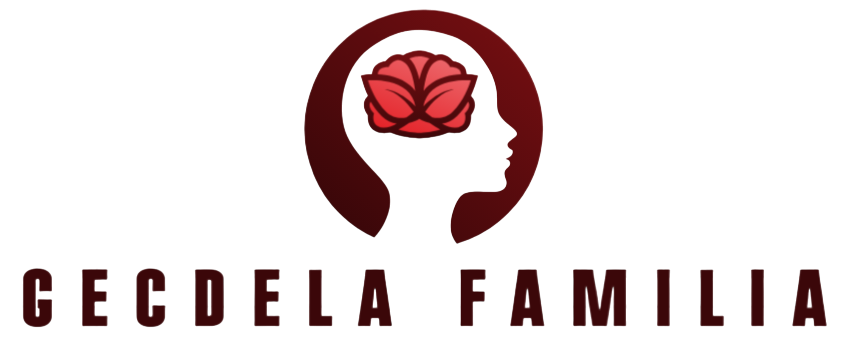Gait analysis is the study of patterns of movement as people and animals walk and run. There are many applications for gait analysis, including clinical diagnosis, anatomical study, and patient analysis for the purpose of fitting orthopedic devices. Walking laboratories are available for detailed analysis sessions and it is also possible to conduct an informal analysis in any environment by having the subject walk and move while being closely observed by a walking expert running analysis.
Movement patterns during movement can reveal important information about the subject of a gait analysis. Gait in people and many animals is well understood, and deviations from normal patterns can be indicative of nerve damage, injury, anatomical abnormalities, and other problems. In a walking lab, cameras are trained on the subject and the subject can walk on force platforms that provide feedback as the subject moves through the lab. This information can be used to conduct a very detailed analysis. In a more informal setting, people may look for signs such as lameness, bare ankles, and other gait irregularities.

In humans, gait analysis is often used for things like fitting sneakers and diagnosing people with gait-related medical problems. Patients with conditions such as cerebral palsy and injuries that affect gait may undergo gait analysis to gather information on the specific nature of the condition. This information can be used to develop a physical therapy program, fit special braces and shoes for the patient, and monitor the patient during treatment to see how well they respond to treatment.
Gait analysis experts charge variable rates for their services. Some medical professionals such as equine veterinarians and orthopedic doctors offer this service as part of a diagnosis and treatment plan and will provide access to a walking laboratory for part of the patient’s fee. In cases where people are directed elsewhere for gait analysis, the rates can be higher, reflecting the special nature of the service.
In animals, gait analysis is used for similar purposes. Horses are among the most studied animals. This type of study can be used to monitor horses after injuries, to develop and test specialized corrective horseshoes, and to determine if a horse is healthy and suitable for a given application. Racehorses, for example, need to be in excellent physical condition with no gait abnormalities, as gait problems can cause injury or poor track performance. Likewise, horses used for physically demanding sports such as jumping need very healthy and strong limbs.
